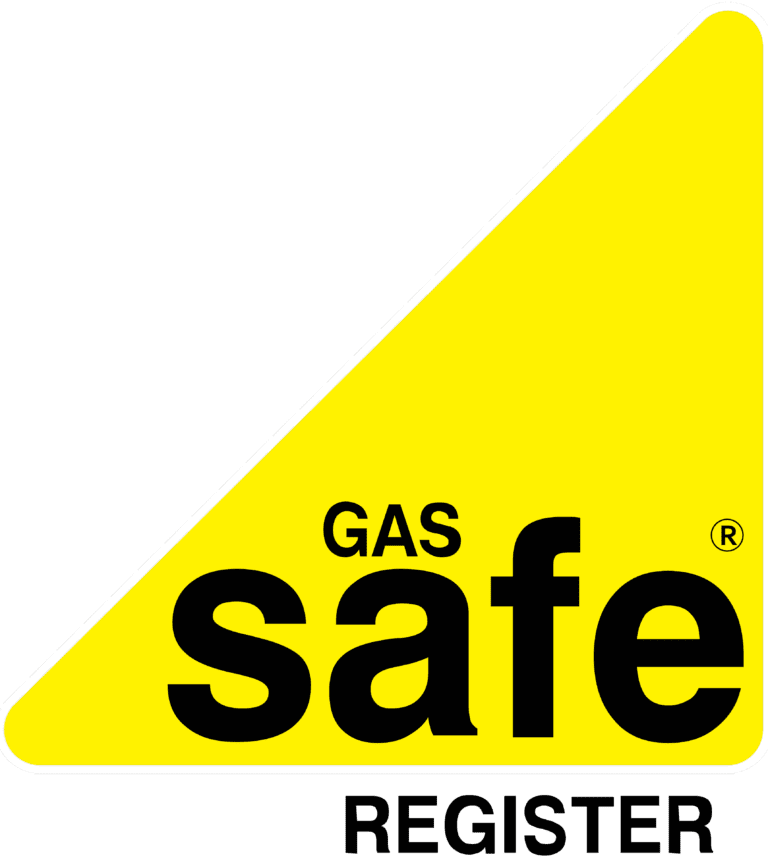Jump To
Your boiler pressure is a vital indicator of how well your heating system works. But what should it be, why does it change, and how do you know if it’s too high or too low? This guide has the answers, so you can keep your home warm safely and efficiently.
What is boiler pressure and why does it matter?
Your boiler is the heart of your central heating system and hot water supply. Boiler pressure refers to the pressure of the water inside this closed system. Think of it like the air pressure in a bicycle tire – the right pressure ensures everything works as it should. Too much or too little pressure can cause problems.
Maintaining the correct boiler pressure is crucial. Low pressure means your boiler might struggle to heat your home effectively or provide reliable hot water. High pressure puts unnecessary stress on the system’s components, potentially leading to leaks or breakdowns. It’s vital for safety reasons, as excessive pressure could trigger the pressure relief valve, expelling potentially scalding hot water.
How do I check the pressure on my boiler?
Checking your boiler pressure is easy! Most boilers have a pressure gauge, usually located on the front of the boiler or underneath the control panel. It will look like a small round dial with numbers and a needle. The pressure is typically measured in bars.
Combi boilers, which provide heating and hot water on demand, have a single pressure gauge. In contrast, system boilers, which use a hot water storage cylinder, may have two gauges – one for the boiler and one for the storage cylinder.
What is normal boiler pressure when the heating is off?
When your heating is off, your boiler pressure should typically be between 1 and 1.5 bar. However, it’s always best to consult your boiler manual for the exact recommended pressure level. Some boilers may operate optimally at slightly different pressures.
Why is my boiler pressure higher when the heating is turned on?
Don’t be alarmed if you notice your boiler pressure increase a bit when your heating turns on. This is completely normal! When the boiler heats the water in your central heating system, the water expands. This expansion naturally causes the pressure within the system to rise slightly. Typically, when the heating is on, the pressure shouldn’t exceed 2 bar.
What should I do if I have low boiler pressure?
If your boiler pressure is too low and is consistently below 1 bar when the heating is off, you’ll likely need to increase the pressure. Most boilers have a filling loop, typically a flexible hose with valves at either end, located underneath the boiler. Follow the instructions in your boiler manual to repressurize the system carefully.
Low pressure could indicate a leak somewhere in the system. Check your radiators for signs of water and examine any visible pipework for leaks. A persistent drop in pressure, even after topping up, should be investigated by a qualified heating engineer.
What happens if I have high boiler pressure?
High pressure puts excess strain on your boiler’s components. If you notice the pressure is sitting consistently above 2.5 or 3 bar, it’s time to take action. The first easy step is to bleed your radiators. This releases trapped air and will often lower the system pressure.
If the pressure remains high, there might be a fault with components like the expansion vessel or the pressure relief valve. In this case, getting a professional assessment from a Gas Safe registered engineer is essential.
What causes a boiler to keep losing pressure?
A boiler that keeps losing pressure is a cause for concern. The most common culprit is a leak somewhere in your system. Check for damp patches around radiators, pipework, the boiler itself, and especially where pipes disappear under floors or into walls. Even small, slow leaks can cause the pressure to drop over time.
Other potential causes could be a faulty pressure relief valve, which shouldn’t leak water unless the pressure is extremely high, or problems with the expansion vessel. A qualified engineer is needed to diagnose and fix these issues.
Should my boiler pressure go up and down?
Yes, it’s perfectly normal for your boiler pressure to fluctuate slightly. As your heating turns on and off, the pressure will rise and then fall back within a safe range. However, if you notice drastic or frequent drops in pressure, it warrants further investigation.
How often should I check the pressure on my boiler?
It’s good practice to check your boiler pressure at least once a month. If you have an older system or have noticed any pressure issues, consider checking it more frequently.
What else do I need to know about boiler pressure?
Maintain optimal pressure: Always try to keep your boiler pressure within the recommended range. This will ensure your system works efficiently and minimizes the risk of problems.
Don’t ignore issues: If you notice ongoing or significant pressure problems, don’t delay in calling a heating engineer. Small issues can turn into expensive repairs if left unchecked.
Pressure release: As a safety feature, boilers have a pressure relief valve. This valve is designed to open and release water if the pressure gets dangerously high. A small amount of dripping from this valve occasionally is normal. However, persistent leaking usually indicates a fault.
Annual servicing: Get your boiler serviced annually by a qualified engineer. They’ll check all the components, including those affecting pressure, ensuring your boiler operates safely and efficiently.
How often should I check the pressure on my boiler?
It’s good practice to check your boiler pressure at least once a month. If you have an older system or have noticed any pressure issues, consider checking it more frequently.
Bullet Point Summary – Things to Remember:
- Optimal pressure: Aim for a pressure between 1 to 2 bar when your heating is on, and generally between 1 and 1.5 bar when it’s off.
- Regular checks: Check your boiler pressure at least once a month, especially if you have an older system.
- Too low? Top up the pressure using the filling loop according to your boiler manual.
- Too high? Bleed your radiators carefully to decrease pressure.
- Persistent changes? Investigate leaks or potentially faulty components.
- Leaks? Call a Gas Safe registered engineer immediately.
- Unsure? Never hesitate to call a professional for help.

